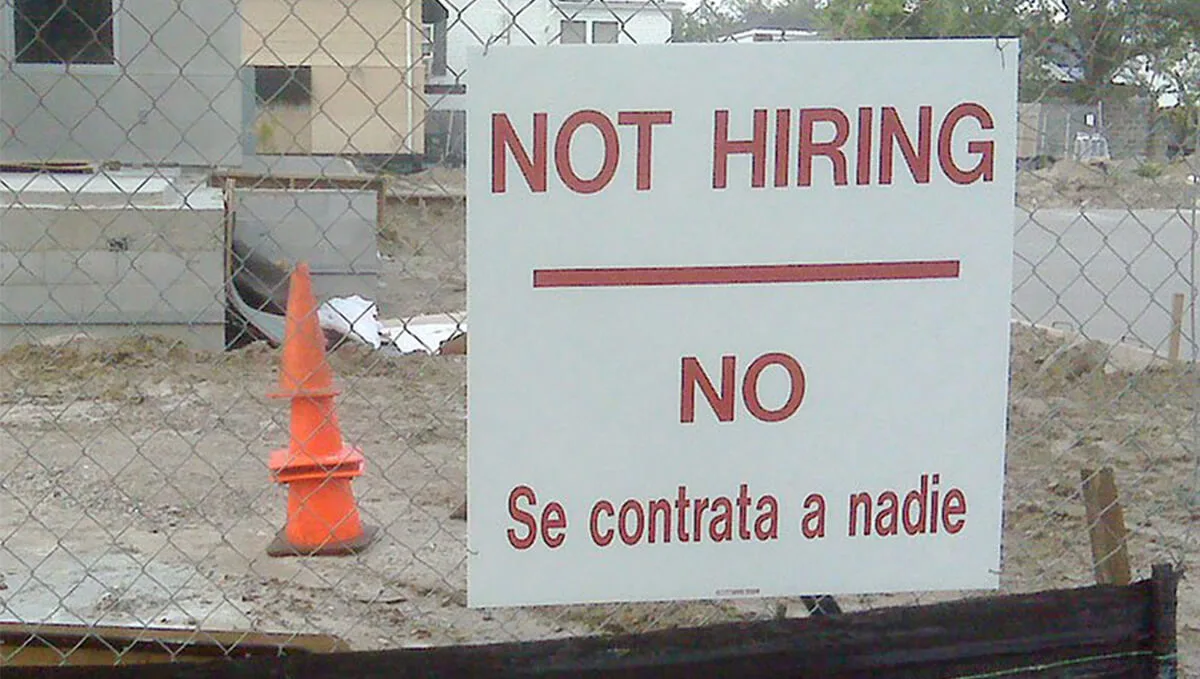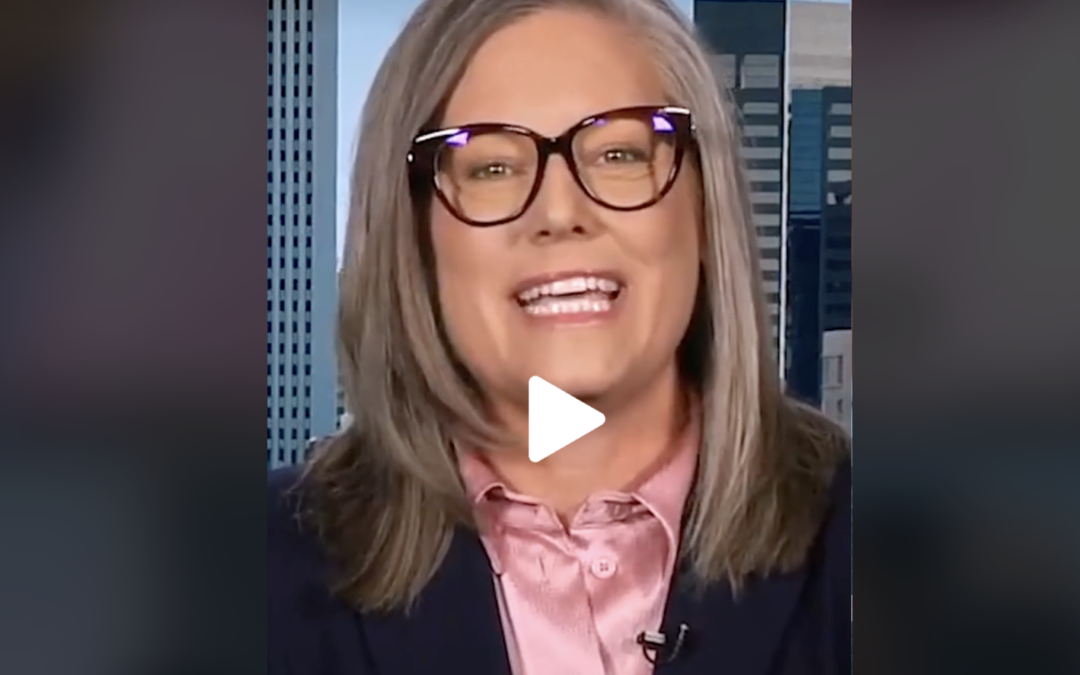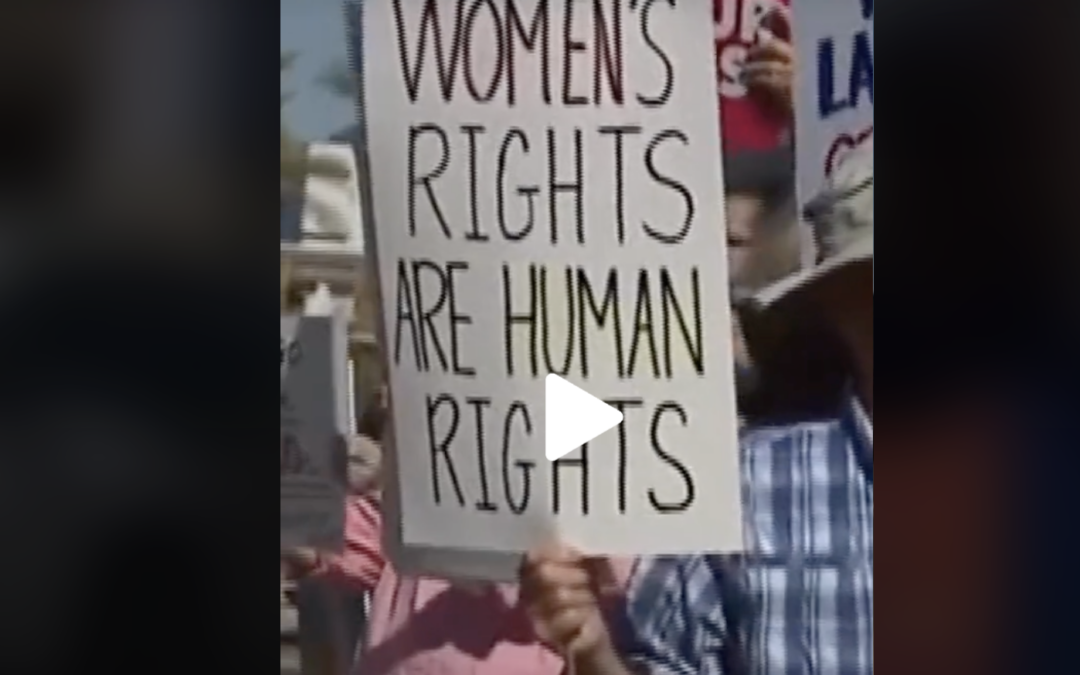
“They’re not being appropriately compensated because they never have been.”
Arizona’s working-class is feeling the financial strains of the coronavirus pandemic much more deeply than those making six figures, according to recent polling.
The poll, conducted by the Morrison Institute for Public Policy at Arizona State University in conjunction with the Arizona Republic, found that 35% of Arizonans making less than $25,000 per year lost their jobs as a direct result of the pandemic, while 14% were furloughed. Among those making more than $150,000 per year, only 6% lost their jobs or were furloughed.
RELATED: Read This If You’re Unemployed in Arizona And Have Been Offered Your Job Back
“What we’re seeing is that this pandemic is not only making it clear that there are very substantial inequalities in our economy as it stands, but it’s also taking those inequalities and making them even worse,” Julia Wolfe, a state economic analyst for the nonpartisan Economic Policy Institute, told The Copper Courier.
Many of the poll’s respondents reported that they were already experiencing financial hardship before businesses began closing in March. Just over 30% of respondents said they were struggling before the pandemic hit, and 40% said they are struggling now.
Left without options
Industries with high concentrations of low-wage workers — which Wolfe said include retail, food service, and hospitality — have few work-from-home options and have had to lay off workers and reduce staff.
More than 572,000 Arizonans have applied for unemployment insurance since the end of March. Those who qualify receive the state payment of up to $240 per week, along with the added federal benefit of $600 per week.
The federal boost is only approved through July and could expire then if Congress chooses not to renew it. A backlog of 45,000 unemployment applications and other problems with the system means not everyone has even begun receiving their benefits.
Across the country, Americans have filed more than 41 million unemployment claims in the last 10 weeks, with 2.1 million of those coming in just the last week.
Things could be on the upswing for some Arizonans — the poll of 813 respondents was conducted from April 24 to May 7, before many businesses in the state began reopening. But with unemployment benefits totaling more than a minimum wage salary, Wolfe said workers are realizing that what they were paid isn’t enough.
From minimum wage to living wage
A full unemployment payout equates to about $21 per hour, while Arizona’s minimum wage is set at $12 per hour. According to the Massachusetts Institute of Technology, this is just about equal to a living wage for a single adult, but not enough for anyone who has children. By comparison, the federal minimum wage is just $7.25 per hour.
RELATED: Arizonans Who Were on Unemployment Before Pandemic Still Awaiting Extension
“What that says to me is we need higher wages,” Wolfe said. “These are people whose work should be valued more highly when they do.”
“They’re going back to work, they are potentially putting their health at risk when they do that and they’re not being appropriately compensated because they never have been,” Wolfe added. “They haven’t been valued appropriately.”
Widening the wealth gap
While some workers are valued at below living wages, others are apparently worth multimillions. The Associated Press reported Wednesday that Arizona’s highest-paid CEO – Richard Adkerson of Freeport-McMoRan – received $13.1 million in salary, stock options, and other compensation last year.
The ASU poll revealed that Arizonans with high incomes feel differently about the pandemic than the average person. Of those making more than $150,000 per year, more than half said people are overreacting to COVID-19, and are upset that they must temporarily discontinue normal activities.
Wolfe said those results were not surprising, considering people with higher incomes can adapt to situations more easily — for example, having access to better health care and being less likely to live with an essential worker who is at increased risk of exposure.
“Your life is a lot less disrupted right now if you are able to keep working and just do it from the safety of your own home,” Wolfe said. “You’re not stuck with either of those bad choices of either losing your job or putting your health on the line to do a job.”
Politics

The Civil War raged and fortune-seekers hunted for gold. This era produced Arizona’s abortion ban
Arizona's 1864 code elaborately describes restrictions on duels, ruling any person involved in the fighting of a duel would be imprisoned for one to...

VIDEO: Arizona Gov. Katie Hobbs calls 1864 abortion ban ‘absolutely outrageous’ on ‘The View’
@coppercourier Former President Donald Trump and US Senate candidate Kari Lake have both attempted to cover up their support for total abortion bans...
Local News

Trump says he’s pro-worker. His record says otherwise.
During his time on the campaign trail, Donald Trump has sought to refashion his record and image as being a pro-worker candidate—one that wants to...

VIDEO: Hundreds show up in Scottsdale to support reproductive rights
@coppercourier Days after the Arizona Supreme Court ruled to enforce a long-dormant law that bans nearly all abortions, hundreds took part in a...





